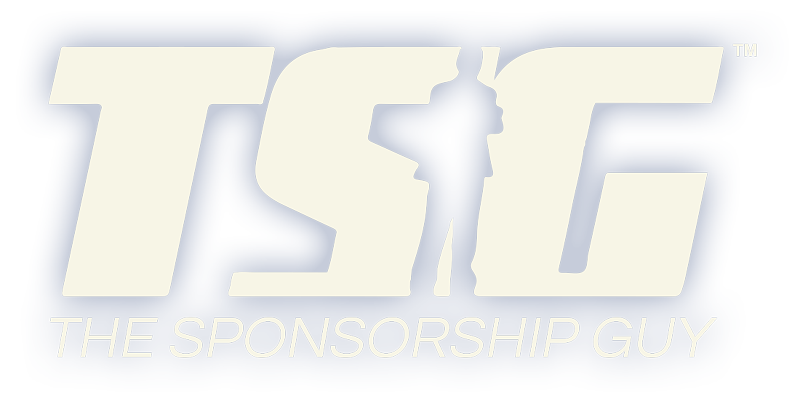5 Tips for Cold Calling Event Sponsors and Winning More Deals

This post was originally published on the Eventbrite blog. Read the original post here.
What’s your go-to method for contacting event sponsors? In a recent survey of event professionals, nearly half (42%) said their primary method for contacting sponsors was email. So if you said email, you’re in good company.
But while email is an effective tool for reaching out to prospects, you can win more sponsorship deals if you pick up the phone.
The “people don’t answer phones” myth
What’s keeping you from picking up the phone? Whatever it may be — general reluctance or fear of rejection — the end result is procrastination. People have given me every excuse in the book for why they don’t call sponsors. Here are a few:
- It’s lunch time.
- I will call right after I (fill in the blank)
- People don’t answer their phones
Recognize any of these symptoms?
If you said yes, then you’re in luck. I’ve used the following guidelines to help my clients get over their reluctance and see positive results from their conversations.
1 | Know your value proposition
Most events I’ve worked with have a value proposition that articulates the benefits of attending their event. But very few have one describing the benefits of sponsoring them.
This is the first piece of the puzzle. No one wants to hear you prattle on about how great your company is, its cutting-edge technology, or how it is the industry leader.
Sponsoring your event is a business opportunity! Instead, ask yourself what you can do for them. What problems do they have that you can fix?
When you call, for example, tell them how you just helped their competitor reduce activation costs by 15%, or improve average transaction speed by 30%.
2 | Turn your cold call into a warm call
Whatever you do, don’t call a prospective sponsor and say, “I’d like to learn about your company’s needs” or anything of the kind. They are too busy.
Instead, do your due diligence and try to gather as much information as possible before contacting them. If you’re unsure how to get started, here are a few places to start:
- LinkedIn: Look up your contact’s profile on LinkedIn to confirm whether they’re the right person.
- Company website: Review their website to get information about their product or services and who their customers are.
- Google News: A quick search here will let you know what the company is currently up to and shed light on any challenges they’re trying to solve.
After a little bit of research, you will be able to open the conversation: “I see your new initiative targets millennials; our event has thousands in your key markets.”
3 | Use a script
Clients frequently tell me they don’t like scripts. “I don’t sound natural,” they say. But what’s “natural” about stumbling through your talking points, trying to figure out what you’re going to say next? Because — unless you’re a natural on the phone — this is the outcome of most unscripted calls.
If you’re worried a script will make you sound like a robot, consider making a decision tree. That way you’re ready for what’s next, no matter what the other person says in response.
Give this a try and you’ll feel (and sound) more comfortable — which is much more likely to get you a positive response.
4 | Know when to move on
Some prospects are just going to be a no. Even if you think they’re wrong, don’t waste time trying to change their minds. Move on to the next call.
5 | Study and practice
Even with a script, it may take some time before you’re completely comfortable with the phone in your hand. As with anything you wish to be proficient at, it takes practice.
Call your own phone and leave a message that you would leave your prospect. How did you sound? It’s no different than checking yourself in the mirror before you head out the door. You should know how you sound. Do you sound upbeat and positive or like you are grinding it out?
When you’re ready to start calling prospects, don’t call your best prospects first. Start with the least important sponsors on your list. By the time you’ve worked your way up the list and are ready to call your “white whales,” you’ll have polished your pitch and will feel more confident.
Get more expert advice
People often say I’m a natural on the phone. That wasn’t always the case. Throughout my twenties I avoided making calls like the plague. What happened? Practice — lots and lots of practice.
Even now I still prepare for every call — doing my research, writing a script, and practicing beforehand. Now you can do the same.
For more details, please contact me.

